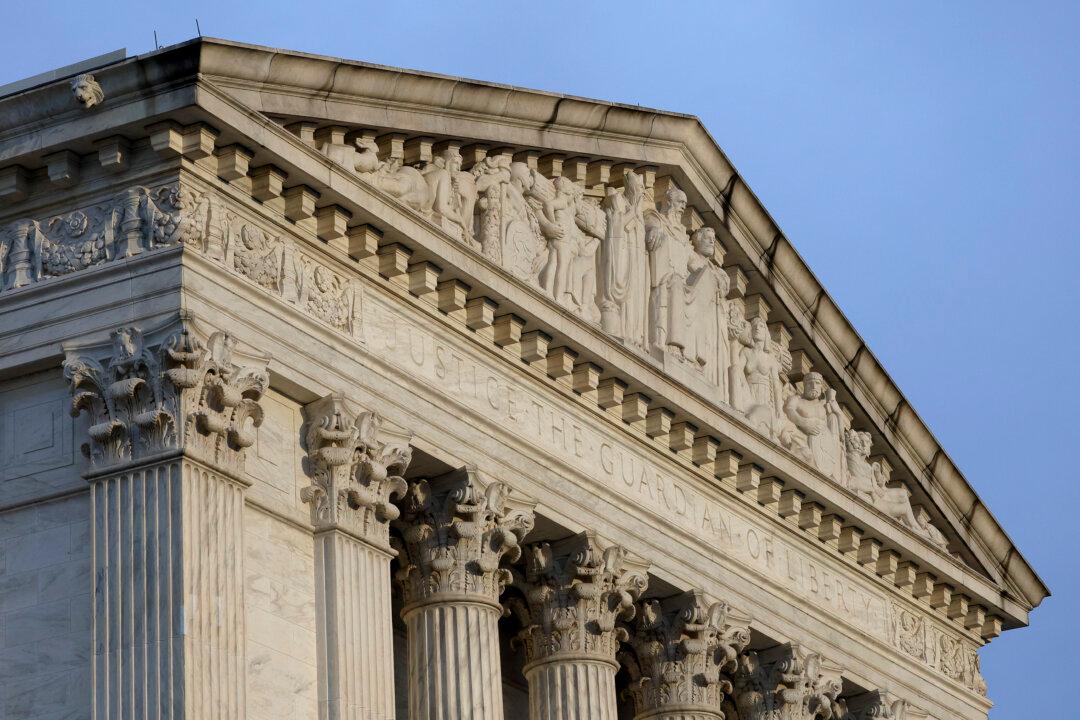The Trump administration is asking the Supreme Court to halt a federal judge’s order preventing it from implementing a policy disqualifying for service individuals who have gender dysphoria or have undergone medical interventions for that condition.
U.S. Solicitor General D. John Sauer filed an emergency application on April 24, telling the court that the Department of Defense “rationally determined that service by individuals with gender dysphoria would undermine military effectiveness and lethality—consistent with similar, longstanding determinations for a wide range of other medical conditions.”





